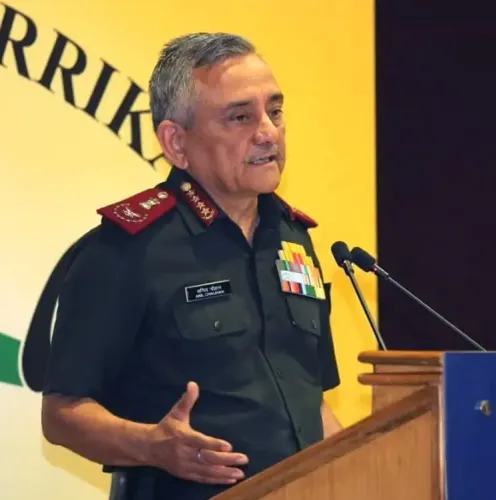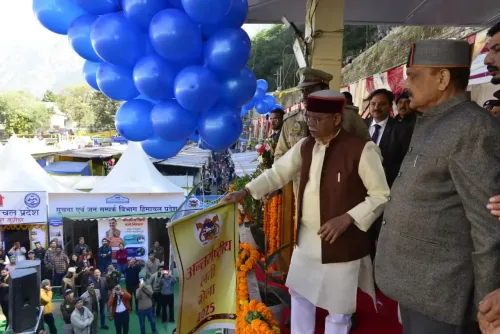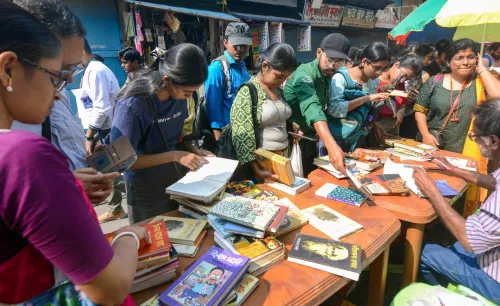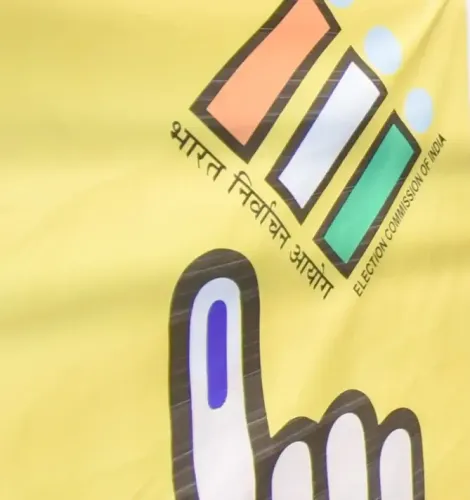Delhi Government Directs Schools to Establish Smartphone Usage Guidelines for Students
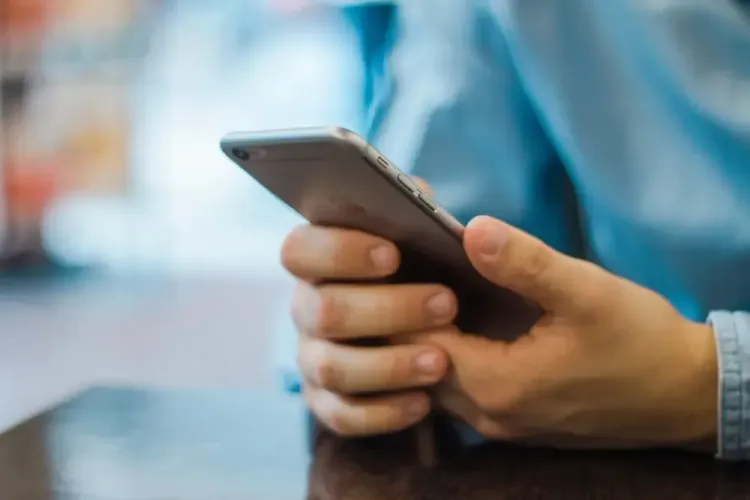
Synopsis
Key Takeaways
- Delhi government instructs schools to create smartphone policies.
- Schools must educate students on responsible online behavior.
- Smartphones should not disrupt teaching or classroom discipline.
- Policies should be developed with input from parents and experts.
- Schools have discretion to implement tailored smartphone policies.
New Delhi, April 18 (NationPress) The government of Delhi has directed all schools in the capital to establish a policy regarding the usage of smartphones by students during school hours.
A circular from the Directorate of Education (DoE) was released following a Delhi High Court ruling that provided several guidelines for smartphone usage in educational institutions. The court emphasized that while students should be allowed to carry smartphones, their usage needs to be regulated and monitored.
"The Hon'ble court has outlined guiding principles aimed at balancing the positive and negative impacts of allowing students to use smartphones in school settings. Therefore, all heads of government, government-aided, and unaided private schools in Delhi are hereby instructed to formulate a policy on this matter at the school level and ensure its implementation," stated the circular issued on Thursday.
In a ruling made in March of this year, the Delhi High Court mandated that schools educate students on responsible online behavior, digital etiquette, and the ethical use of smartphones.
A bench led by Justice Anup Jairam Bhambhani emphasized the need for students to be counseled about the risks of excessive screen time and engagement with social media, which can lead to anxiety, reduced attention spans, and cyberbullying.
"Smartphones should not interfere with classroom teaching, discipline, or the overall educational environment. Consequently, smartphone usage in classrooms must be prohibited," it stated.
The bench further noted that the mobile usage policy should allow for smartphones to be used for safety and coordination but should restrict their use for entertainment or leisure activities.
The policy aimed at regulating and overseeing smartphone usage in schools should be developed in collaboration with parents, educators, and specialists to create a balanced approach that addresses the needs and concerns of all stakeholders involved, it added.
The Delhi High Court clarified that schools have the autonomy to implement policies tailored to their specific circumstances, whether that means permitting limited smartphone usage in designated areas of the school or enforcing stricter bans during certain times and events.
The Kendriya Vidyalaya Sangathan (KVS) had requested the Delhi High Court to establish guidelines for smartphone usage in schools. "It has been noted that even though the CBSE and KVS issued certain guidelines as far back as 2009, these guidelines have not achieved the intended outcomes," said the Justice Bhambhani-led Bench.
Furthermore, it noted that even the more recent advisory from the DoE in 2023 only provides very broad instructions to mitigate the misuse of smartphones in schools.
"Crucially, the previously mentioned guidelines are based on the fundamental premise that smartphone usage in schools should be prohibited. This court observes that much has evolved in recent years concerning technology use, including for educational and related purposes. Therefore, a total ban on smartphone usage by students in schools is both impractical and undesirable," stated the bench.
While recognizing the negative consequences of reckless smartphone use in schools, the Delhi High Court acknowledged that smartphones also fulfill various valuable functions, such as facilitating communication between parents and children, which enhances the safety and security of students in school. The court formulated guiding principles that would help balance the positive and negative impacts of allowing students to use smartphones during school hours.
Throughout the hearing, the Delhi High Court welcomed contributions, suggestions, and information from the National Commission for Protection of Child Rights, the Delhi Commission for Protection of Child Rights, and the KVS.

